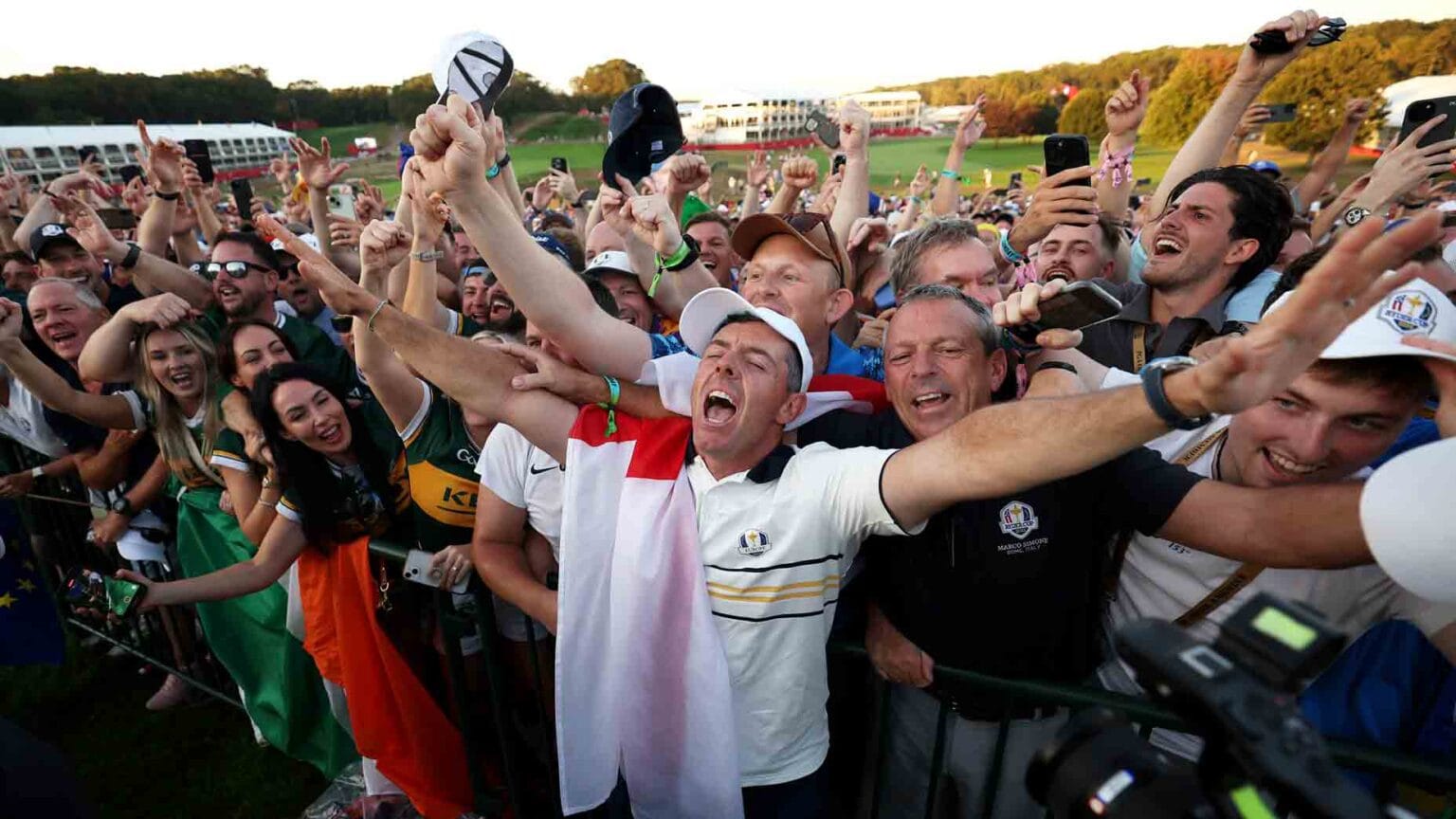The 2025 Ryder Cup: A Comprehensive Analysis of Europe’s Triumph
The 2025 Ryder Cup has come to an exhilarating conclusion, marking another chapter in the storied rivalry between Team USA and Team Europe. Held at the iconic Bethpage Black in New York, the event had fans on the edge of their seats as the European team captured an impressive victory. The weekly tournament showcased not only the thrilling aspects of golf but also the contrasting cultures and commitments of the players involved. In this article, we will delve into the reasons behind Europe’s triumph, the challenges faced by the American team, and the implications for future Ryder Cups.
The Atmosphere of the Ryder Cup
The Ryder Cup has always been synonymous with passion, rivalry, and national pride. Set against the backdrop of Bethpage Black, the course not only tested the players’ skills but also the resilience of Team USA, who were looking to turn previous disappointments into an inspiring comeback story. The exuberance displayed by players, like Team Europe’s Romain Langasque, who celebrated enthusiastically in Midtown Manhattan after their win, embodied the essence of the event. With chants echoing throughout the weekend, it was evident that the European side operated with a camaraderie and fervor that outshone their American counterparts.
Analyzing Team Europe’s Strategy
Team Europe demonstrated an impeccable strategy, both on and off the course. Captain Luke Donald’s attention to detail proved critical in fostering an environment conducive to winning. He implemented minor yet impactful changes, from better hotel accommodations to improved snacks, ensuring that his team was comfortable and focused. This meticulous approach stood in stark contrast to the American strategy, which left room for questions, particularly regarding player selection and course conditions.
For example, the success of social media engagement on the Team Europe account, which posted 102 times during the event, contrasted sharply with Team USA’s 23 posts. This stark difference highlights Europe’s commitment to rallying support and fostering a sense of community among fans that may have influenced their players’ performance.
The American Underdog Story
Despite their loss, Team USA fought valiantly, nearly pulling off an unprecedented comeback in the final day. The team’s spirit resonated with fans, exemplified by players like Keegan Bradley, who expresses a deep connection to the tournament despite past heartbreaks. His candid reflection on the tournament encapsulates the duality of passion and pressure that American players faced. While the Americans played their hearts out, questions remain regarding the decisions made by their leadership.
Strong performances from players like Cameron Young showed promise, yet inconsistencies in pairings, such as the Collin Morikawa-Harris English duo, overshadowed these efforts. This pairing, which ranked dead last in data analysis, may have cost precious points. Such missteps indicate a need for more rigorous analysis and adaptable strategies as the U.S. team moves ahead.
Rethinking the Captaincy
As attention turns to the future, a pressing question arises: Should Keegan Bradley continue as captain? His candid remarks about the tournament reflect a mix of hope and uncertainty regarding his role. Providing continuity could benefit the team in the long run, but whether Bradley is the right choice remains to be seen. A leader must not only inspire but also make critical decisions that affect every player’s performance. It’s essential to find someone who can elevate not just the players’ games but their understanding of the bigger picture.
A Cultural Divide
The Ryder Cup also showcases a cultural divide between the two teams. The European players visibly displayed a commitment to the event that resonated on many levels. Langasque’s passion spilled over into celebrations, symbolizing a collective belief in their team’s abilities. In contrast, criticisms arose about the lack of support for American players, highlighting how crucial the home crowd’s engagement is in events of this magnitude. Rory McIlroy’s post-event comments reinforce this sentiment, reminding fans to support their players instead of cheering against their opponents.
Course Dynamics and Conditions
The choice of Bethpage Black as the venue naturally influenced the outcome of the matches. While some advocated that the course layout and conditions should have been more challenging for European players, the reality might differ. American players may have performed better under different circumstances. Tightening fairways and creating difficulty could have changed the match’s context, reinforcing the need for greater accountability regarding course conditions and strategic planning.
The Importance of Fan Engagement
Fan engagement plays a pivotal role in shaping the Ryder Cup atmosphere. From the expected exuberance of the crowd to the occasional negative outbursts, keeping fan behavior in check remains crucial. Future Ryder Cups should consider stricter policies to mitigate unruly behavior that distracts players and disrupts their focus. Both teams deserve an environment conducive to competitive play, ensuring that the fans’ passion enhances rather than detracts from the experience.
Looking Toward the Future
As the dust settles on the 2025 Ryder Cup, it’s time to look ahead to the next contest, set to unfold in Ireland. Both teams will need to learn from their experiences and adapt their strategies. For Team USA, focusing on building camaraderie, solidifying leadership dynamics, and ensuring player buy-in will be essential. Meanwhile, Team Europe will aim to replicate their successful model, ensuring every player and supporter feels a part of the journey.
Conclusion: Lessons Learned from the 2025 Ryder Cup
The 2025 Ryder Cup offered critical insights into the cultural and tactical differences between Team USA and Team Europe. From team dynamics and strategic implementations to fan engagement, the lessons learned from this year’s event could shape the future of the tournament. As players and fans alike reflect on the unfolding drama at Bethpage Black, the hope for both teams is to channel that experience into something greater for the next Ryder Cup. Ultimately, this event is about more than winning; it’s about honor, pride, and the timeless spirit of golf.


